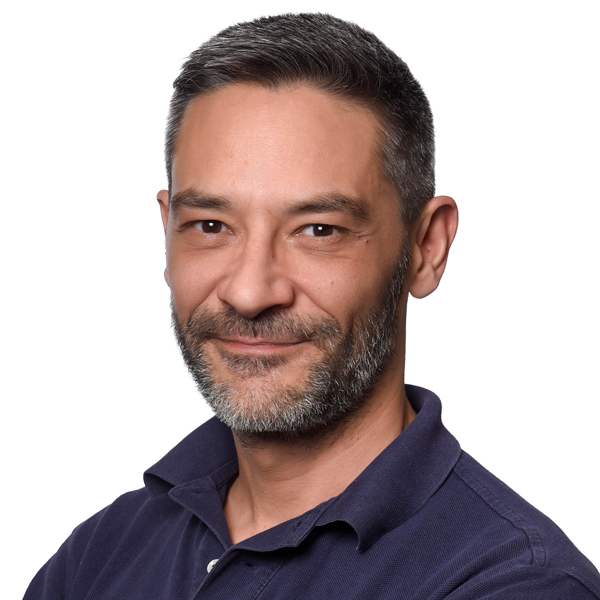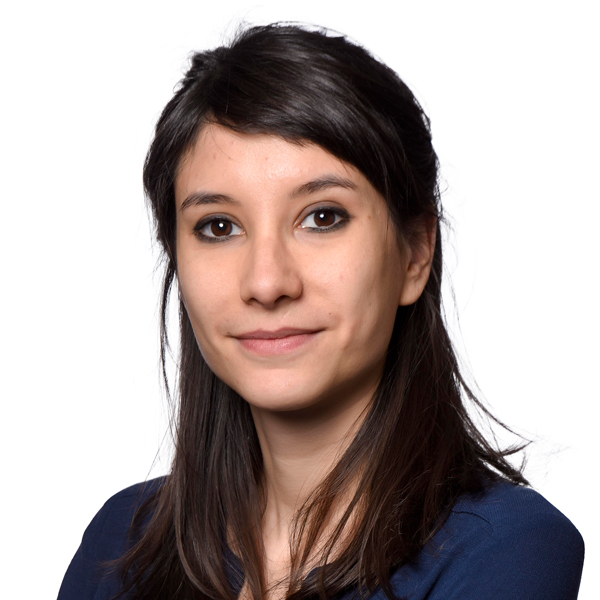Analysis and reflection by the UOC Library team
Subject: Multidisciplinary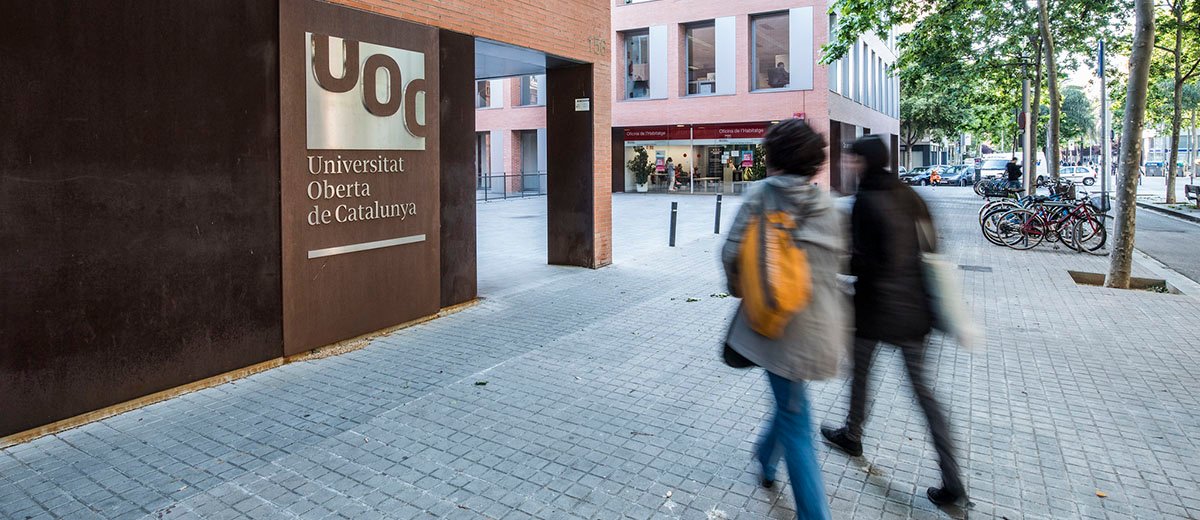
We would like to present the key points from three meetings about open access in scientific publishing, the situation of the publishing industry and library sciences for health sciences.
The members of the Library team regularly attend conferences and congresses to share experiences and good practices, acquire new knowledge and debate the future of their sector.
Over the last few weeks, Sebastiano Giorgi-Scalari, Walewska Duran and Àgueda Mercadal took their turns in attending the conferences.
Conference on Open Access
Sebastiano Giorgi-Scalari, Library Services for Research
At the meeting, the group of representatives from Springer Nature explained the academic publisher’s strategy regarding open access:
- The Compact Model agreement was presented. This is an alternative solution to the traditional commercial model and is aimed at members who want to continue paying subscriptions to journals, while at the same time being committed to open access. This model has already been applied in Sweden, the Netherlands, Austria and the United Kingdom and, according to the publisher, has achieved over 70% of articles via open access.
- What is Springer Nature’s commitment for Spain? The group champions a national agreement that allows the transition to open access by adopting the gold route, but alongside a hybrid model.
- Attendees responded positively to the care shown by the publisher when publishing the research data, with its new Research Data Service. One step further towards transitioning to open science.
Forum Edita Barcelona 2018
Walewska Duran, Publishing manager for the UOC’s learning resources
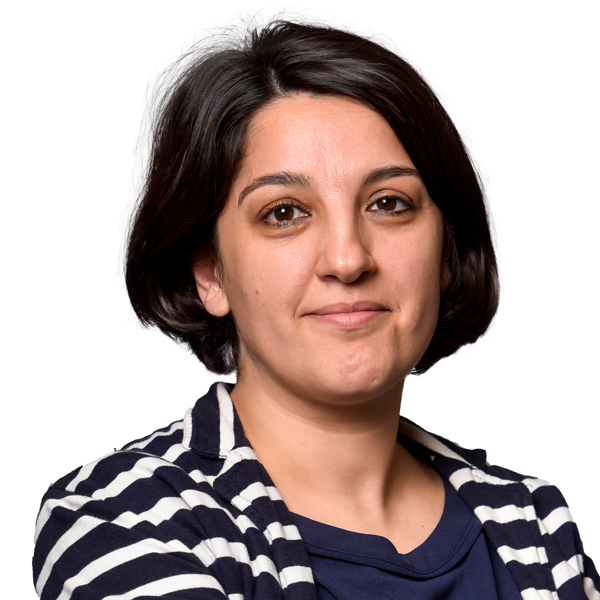
Forum Edita Barcelona is an annual event to discuss challenges and opportunities in the Catalan and Spanish book and publishing industry. This year, the event focused on the sector's transformation and adaptation process in terms of society's growing digitalization. These are some of the main ideas:
- An overview was given of publishing around the world; reflecting, for example, on Latin America’s relationship with the Spanish market, centred primarily on Barcelona, and France’s policies to increase national readership.
- Transforming bookshops and libraries in light of new consumer habits was also debated. If in the past all they contained were books and notice boards, they now also have areas dedicated to creation and interaction.
- New publishing formats were also debated; for example, the promising future of audiobooks was discussed and the possible use of WhatsApp chat stories as prequels or additional material to physical books.
As highlighted during the conference, one of the challenges facing the sector is to achieve co-existence between the different formats to attract readers: the balance between new and old readers, new and old ways of reading and new and old formats. Ultimately, although the format is important, the protagonist element has to be the content.
EAHIL Congress on Medical Librarianship
Àgueda Mercadal, Bibliotecària referent de Ciències de la Salut i també de Psicologia i Educació
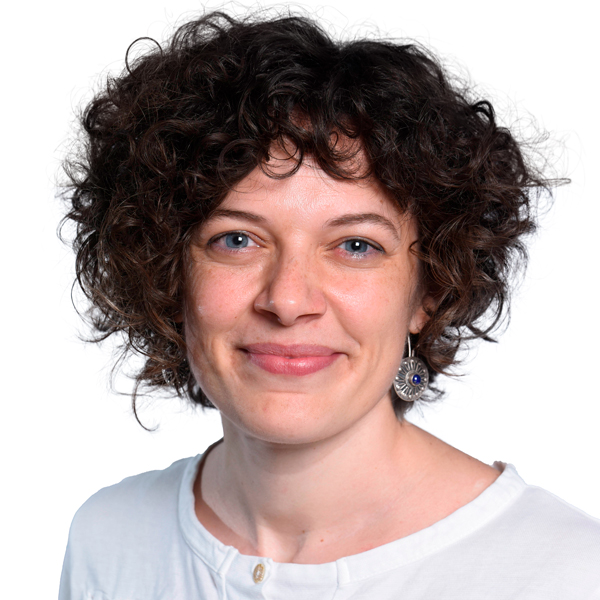
On the theme of Inspiring, Involving and Informing: Improving the Health and Wellbeing of the Citizens of Europe, this year saw the new edition of Europe’s most important library conference regarding health. Like every year, there were important interventions on topics such as the National Health Service (NHS), other papers from universities such as the University of Adelaide and research centres, such as the NIHR Oxford Biomedical Research Centre.
- The conference stressed the need for libraries to raise their “sex appeal”, as there is a significant lack of communication between people. Not only do they have to work to achieve effective communication, but also make it purely affective so they can successfully anticipate their users’ needs.
- Another key point regarding libraries is that they need to manage user feedback to generate a continuous positive impact.
Each meeting represents one of the Library’s working practices: supporting research and defending open science, producing learning resources and mentoring by librarians for teaching staff from various faculties.


